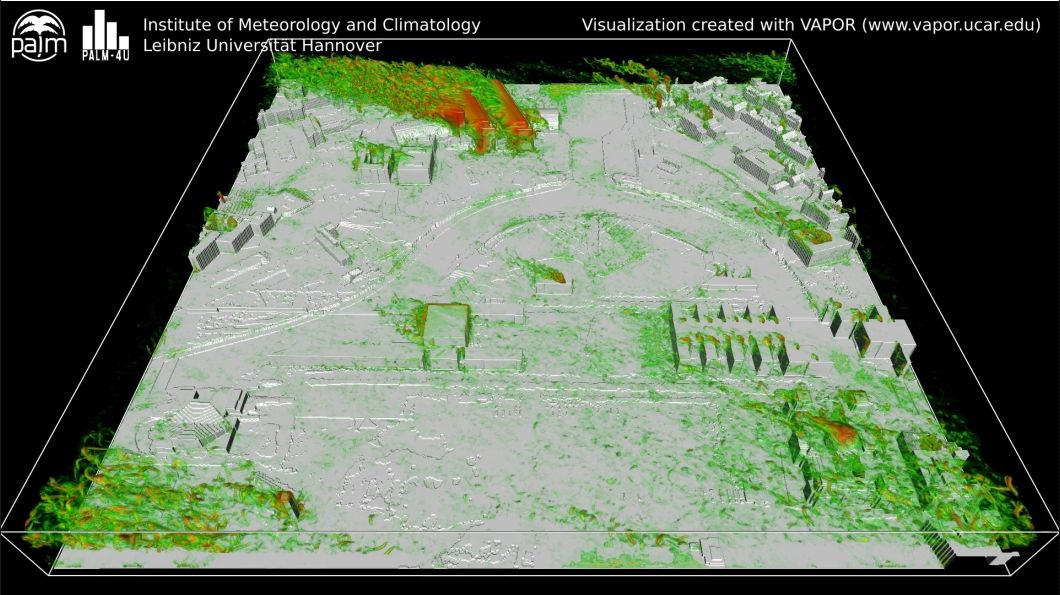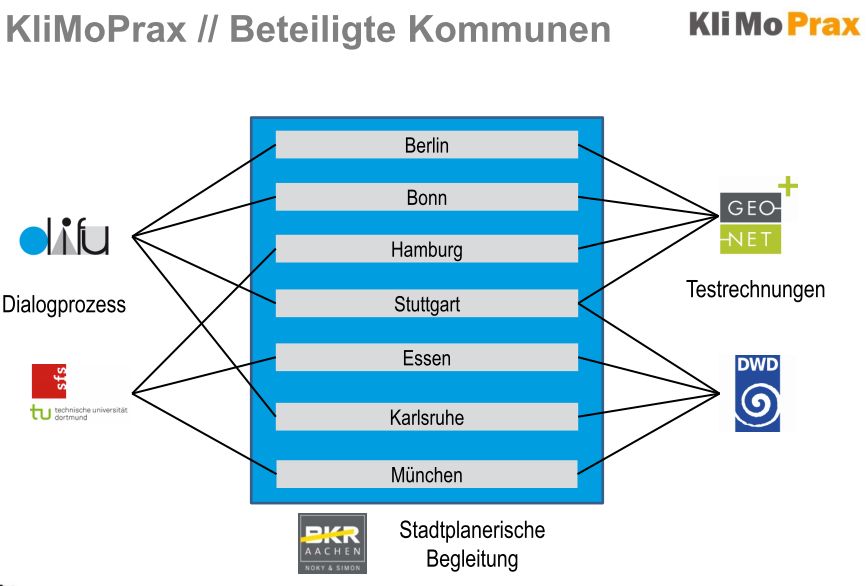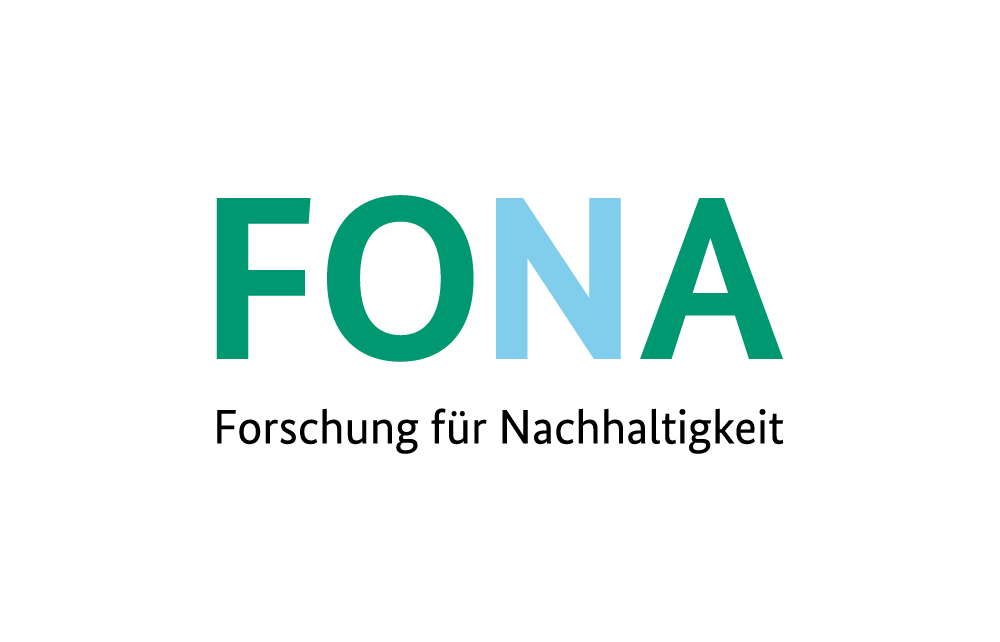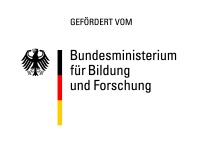Simulations with PALM-4U for Berlin and further development of the Graphical User Interface
The new urban climate model PALM-4U is making steady progress with great development effort. First results are available in the context of showcase simulations for Berlin in a resolution of 15 (Berlin and surrounding area) and one (Berlin center) meter and a multi-agent model. Further simulations of Berlin are still in preparation for the validation of the model by Module B.
With the development and provision of a Graphical User Interface (GUI) for PALM-4U, users in municipal administrations and climate service providers who are familiar with urban climate should be able to use the model. Essential prerequisites for the use of PALM-4U are intuitive operability, executability on various operating systems (e.g. Windows, Linux), the creation of analysis and visualization options, and export to common GIS data formats for the respective evaluation. The GUI can be operated as a web application via any browser and supports the configuration, start and output of the results of simulations. For typical applications, the GUI offers preconfigured model setups as well as setting options for application-related model parameters. The GUI is subject to continuous further development in consultation with the users. For further information on Module A click on www.alm.muk.uni-hannover.de/mosaik
 |
|
Fig.1: Showcase simulation of PALM-4U for Berlin-Mitte displaying first results on vorticity with a spatial resolution of 1 meter. © Institute of Meteorology and Climatology, Leibniz Universität Hannover |
Last Module B meeting and intensive evaluation of data
At the beginning of December, Module B had the last module meeting of Phase I in Dresden, Radebeul. The presentations of the subprojects showed interesting results and a wide range of research questions dealt with, while at the same time providing very good networking and cooperation between the subprojects.
In addition to the further development of the data standard and the data management system (DMS) as well as the upload of quality-checked data of long-term measurements and intense measurement campaigns into the DMS, the validation periods for PALM-4U for Berlin, Stuttgart and Hamburg were defined. Precisley for these validation periods, data sets specifically suitable for validation are uoloaded into the DMS. For further information on Module B click on www.uc2-3do.org
Expert workshop in Berlin and Phase II of on-site training courses with and for the practice partners
At the end of November KliMoPrax of Module C conducted an expert workshop for municipalities in Berlin on the subject of "Urban climate models in use". After the presentation of the status quo of the three modules A, B an C, showcase simulations for the cities of Karlsruhe and Bonn were presented. 40 participants discussed in four working groups the expansion of the use of urban climate models, the prevailing framework conditions and prerequisites, urban climate models in mainstreaming and their areas of application. The development of the new urban climate model PALM-4U and its use as a tool and argumentation aid as well as the resulting added value met with great approval. However, the lack of available staff and resources, the infrastructure and the corresponding competencies are to be seen as sticking points.
Since November, the second training phase with on-site training courses for the practical partners has been underway. The practical requirements are checked, further practical use cases are processed and interoperability with other applications is demonstrated. In a further step, the practical partners will then independently apply the training content and prepare an individual report. This feedback will be discussed in a joint workshop.
 |
|
Fig 2: Figure of oral presentation on Expert Workshop in Berlin displaying the participating cities. © Bettina Steuri, GERICS und Björn Weber, difu. |
News about the programme
In the meantime, the BMBF has sent the call for project proposals for Phase II of [UC]2 to the coordination of the programme. Proposals should be submitted by 28th of February 2019. Phase II is scheduled to start in September 2019.

